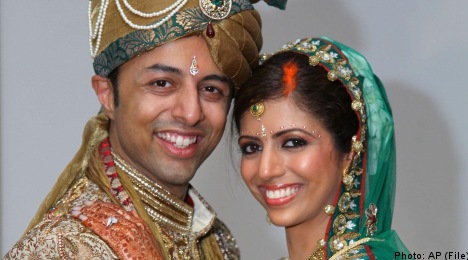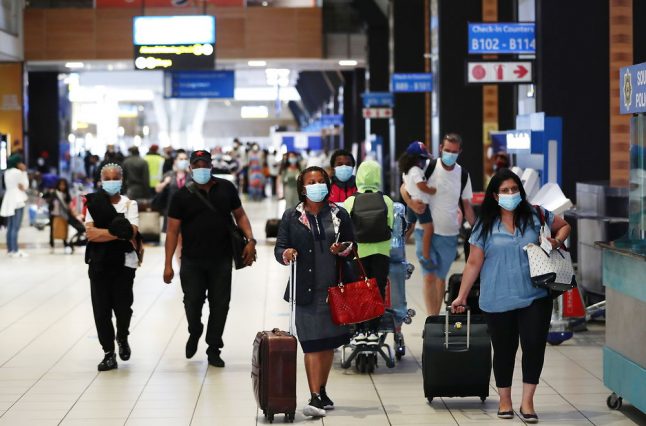The ruling was made after Dewani’s lawyers said he was suffering from severe post-traumatic stress disorder and severe depression and argued the 32-year-old’s life could be at risk if he were extradited.
High Court judges John Thomas and Duncan Ouseley said it would be “unjust and oppressive” to order the removal of Dewani, who is currently being treated in a mental health hospital in his hometown of Bristol, western England.
However, they said it was in the interests of justice that he be extradited to face trial in South Africa “as soon as he is fit”.
Dewani’s family welcomed the decision to delay his extradition, saying in a statement: “Shrien is innocent and is determined to return to South Africa to clear his name and seek justice for his wife Anni.”
The victim’s sister Ami Denborg told reporters outside court that her family “just want him to get better now so he can finally return to South Africa and tell us what happened. We just want to know the truth”.
Dewani has strongly denied arranging the contract killing of his 28-year-old Swedish wife, who was shot in an apparent carjacking as the couple drove through a township in Cape Town while on their honeymoon in November 2010.
But their taxi driver, Zola Tongo, who was jailed for 18 years for his part in the crime, claimed in a plea bargain with prosecutors that the businessman ordered the carjacking and paid for a hit on his wife.
Dewani was arrested in Britain on December 7, 2010 following an extradition request from South Africa, which accuses him of murder, kidnapping, robbery with aggravated circumstances and obstructing the administration of justice.
A British judge approved his extradition in August, and Home Secretary Theresa May gave the green light the following month, but his lawyers appealed.
In their ruling on Friday, the judges rejected the defence team’s argument that he should not be sent to a South African jail because of the risk of sexual attack by other inmates.
And while accepting that Dewani suffered from two severe mental illnesses, they said there was a good chance he would recover within a reasonable time.
But they balanced this with the fact that he was unfit to attend the hearing, the risk of deterioration in his condition, the increased prospect that he would get better faster in Britain, as well as the lesser risk of suicide.
Added to the lack of certainty about what would happen to Dewani if he was sent to South Africa in his current condition, Thomas said “we consider that on the evidence… it would be unjust and oppressive to order his extradition”.
The judge added: “His mental illness apart, it is plainly in the interests of justice that the appellant be tried in South Africa as soon as he is fit to be tried.”
Successive court hearings have heard how Dewani began suffering mental health problems after the killing of his wife, and how his condition deteriorated sharply following his arrest.
He took an overdose in February 2011, although he denied trying to kill himself, and was admitted to a health clinic. But by April his condition had worsened further and he was sectioned under the Mental Health Act.
His lawyers told a hearing last December that Dewani was so ill that he was incapable of giving instructions to his lawyers or following trial proceedings.



 Please whitelist us to continue reading.
Please whitelist us to continue reading.
Member comments